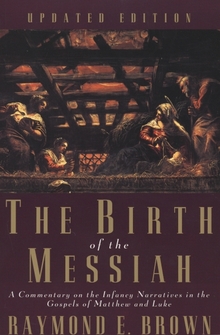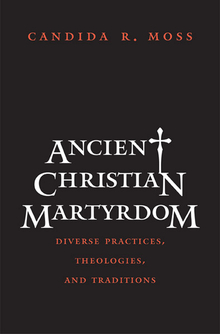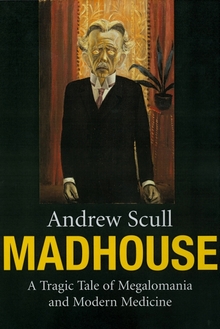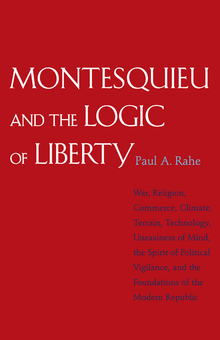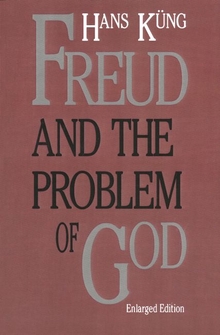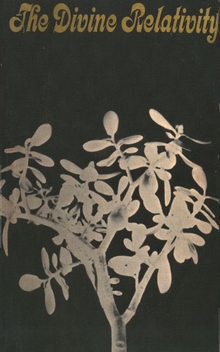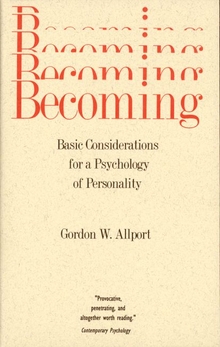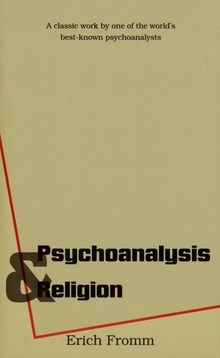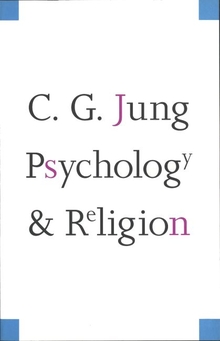Israelis and the Jewish Tradition
WARNING
You are viewing an older version of the Yalebooks website. Please visit out new website with more updated information and a better user experience: https://www.yalebooks.com
An Ancient People Debating Its Future
David Hartman
In this powerful book one of the most important Jewish thinkers in the world today grapples with issues that increasingly divide Israel’s secular Jewish community from its religious Zionists. Addressing the concerns of both communities from the point of view of one who is deeply committed to religious pluralism, David Hartman suggests a more inclusive and inviting framework for the modern Israeli engagement of the Jewish tradition. He offers a new understanding of what it means to be Jewish—one which is neither assimilationist nor backward-looking, and one that enables different Jewish groups to celebrate their own traditions without demonizing or patronizing others. In a world polarized between religious and secular and caught within a sectarian denominationalism, Hartman shows the way to build bridges of understanding.
The book explores the philosophies of two major Jewish thinkers of the Middle Ages, Yehuda Halevi and Moses Maimonides. A careful analysis of Maimonides’ approach to Judaism shows that messianism is not the predominant organizing principle that makes Judaism intelligible and significant, Hartman contends. He argues against Halevi’s triumphalism and in favor of using the Sinai covenant for evaluating the religious significance of Israel, for this approach gives meaning to Zionists’ religious commitments while also empowering secular Israelis to reengage with the Jewish tradition.
The book explores the philosophies of two major Jewish thinkers of the Middle Ages, Yehuda Halevi and Moses Maimonides. A careful analysis of Maimonides’ approach to Judaism shows that messianism is not the predominant organizing principle that makes Judaism intelligible and significant, Hartman contends. He argues against Halevi’s triumphalism and in favor of using the Sinai covenant for evaluating the religious significance of Israel, for this approach gives meaning to Zionists’ religious commitments while also empowering secular Israelis to reengage with the Jewish tradition.
David Hartman is founder and director of the Shalom Hartman Institute in Jerusalem. He has twice received the National Jewish Book Award in Jewish Thought—for Maimonides: Torah and Philosophic Quest and for A Living Covenant: The Innovative Spirit in Traditional Judaism.
"Hartman shows, by a daringly original interpretation of the meaning of Judaism, that antagonistic attitudes toward other strains of Judaism than one’s own, and toward other religions and secular Jews, not only need not, but must not, be part of our understanding of what Judaism means today."—Hilary Putnam, Harvard University
"Hartman elegantly explores the deepest rift within the Israeli polity today, arguing passionately against a grand redemptive reading of Jewish history in favor of a sober embrace of political reality. He shows us the way to begin to imagine a post-modern Jewish identity that is at once grounded in a serious reading of Jewish texts and profoundly open to the intellectual and cultural currents of our time."—James Ponet, Yale University
“In five short chapters Hartman elegantly explores the deepest rift within the Israeli polity today as a reflection of the great medieval philosophical divide represented by Moses Maimonides and Yehudah Halevi. Hartman argues passionately against a grand redemptive reading of Jewish history in favor of a sober embrace of political reality and a pluralist reading of the Torah. He shows us the way to begin to imagine a post-modern Jewish identity that is at once grounded in a serious reading of Jewish texts and profoundly open to the intellectual and cultural currents of our time. In Maimonides he recognizes the model; in Halevi the danger.”—James Ponet
“Hartman, who directs what is probably the most influential center for intra-Jewish and interreligious dialogue in Israel, is in a unique position to offer some fresh insights on how a Jewish state can successfully integrate the vision of a Jewish society governed by the Jewish tradition and its law (Halakhah) with the humanistic democratic political vision of the West. . . . All in all, Hartman raises very important questions and suggests some avenues for answering them.”—David Novak, First Things
“Hartman’s skill at using the key sources—both traditional and modern—is impressive. He astutely combines an analysis of Maimonides, Judah ha-Levi, Ahad ha-Am, Gershom Scholem, and The Rav to propose a new Israeli-Jewish identity.”—Jewish Book World
“Could one ask for a more pertinent book than David Hartman’s Israelis and the Jewish Tradition? . . . Based on the scholar’s Terry Lectures delivered at Yale in 1998, the work examines the ever-widening gulf and deepening animosity between secular Israelis and their religious counterparts.”—Robert Leiter, Jewish Exponent
“In this brief, compelling, and eminently readable new volume, originally delivered as a lectures at Yale University, Hartman summarizes both the philosophic foundations and the programmatic directions of his work within Israeli society. . . . Hartman’s vision is truly inspirational. Precisely by taking Israel seriously as a theological and covenental opportunity, he provides meaning to the value of Jewish peoplehood.”—Steven Bayme, New York Jewish News
“A serious proposal for reimagining Judaism in the modern, secularist world. . . . This is a take by a respected Jewish thinker on a red-hot topic.”—Publishers Weekly (starred review)
“Hartman’s aim here is nothing less than reconnecting secular Jews to their tradition. Based on Hartman’s 1998 Terry Lectures at Yale, Israelis and the Jewish Tradition seeks a conception of Judaism that avoids a particularistic messianic stance and invites new interpretations of ‘the powerful narrative and normative frameworks of the tradition’. . .. . [This] book offers a concise but excellent overview of perspectives within the Jewish tradition, and it is a powerful brief for one of those perspectives. . . . [It] is a thoughtful, courageous beginning for a project to enlighten modern Jewry in the era of Jewish statehood."—Peri E. Arnold, The Review of Politics
Selected as a finalist in the 2000 National Jewish Book Awards in the Israel category
ISBN: 9780300184112
Publication Date: November 30, 2011
Publication Date: November 30, 2011
192 pages, 5 1/2 x 8 1/4


